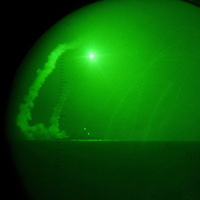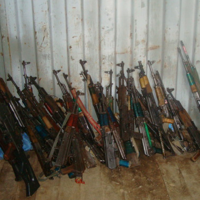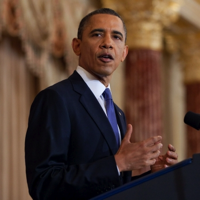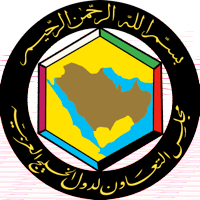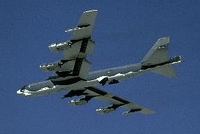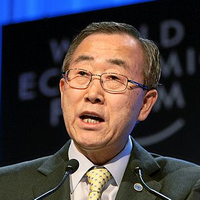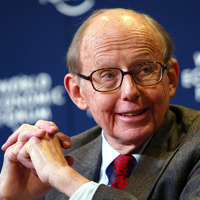
Seventy years ago yesterday, the Royal Navy battlecruiser the HMS Hood was destroyed by the German battleship the Bismarck, striking the British national security apparatus with panic. Although the Hood was 20 years old when it faced off against the Bismarck, it was still one of the largest, fastest and most powerful warships in the world. It was also the most visible symbol of British naval power, having conducted many “show the flag” cruises during the interwar period. The loss of the Hood inspired an intense, emotional desire for vengeance on the part of the Royal Navy, as well as […]

